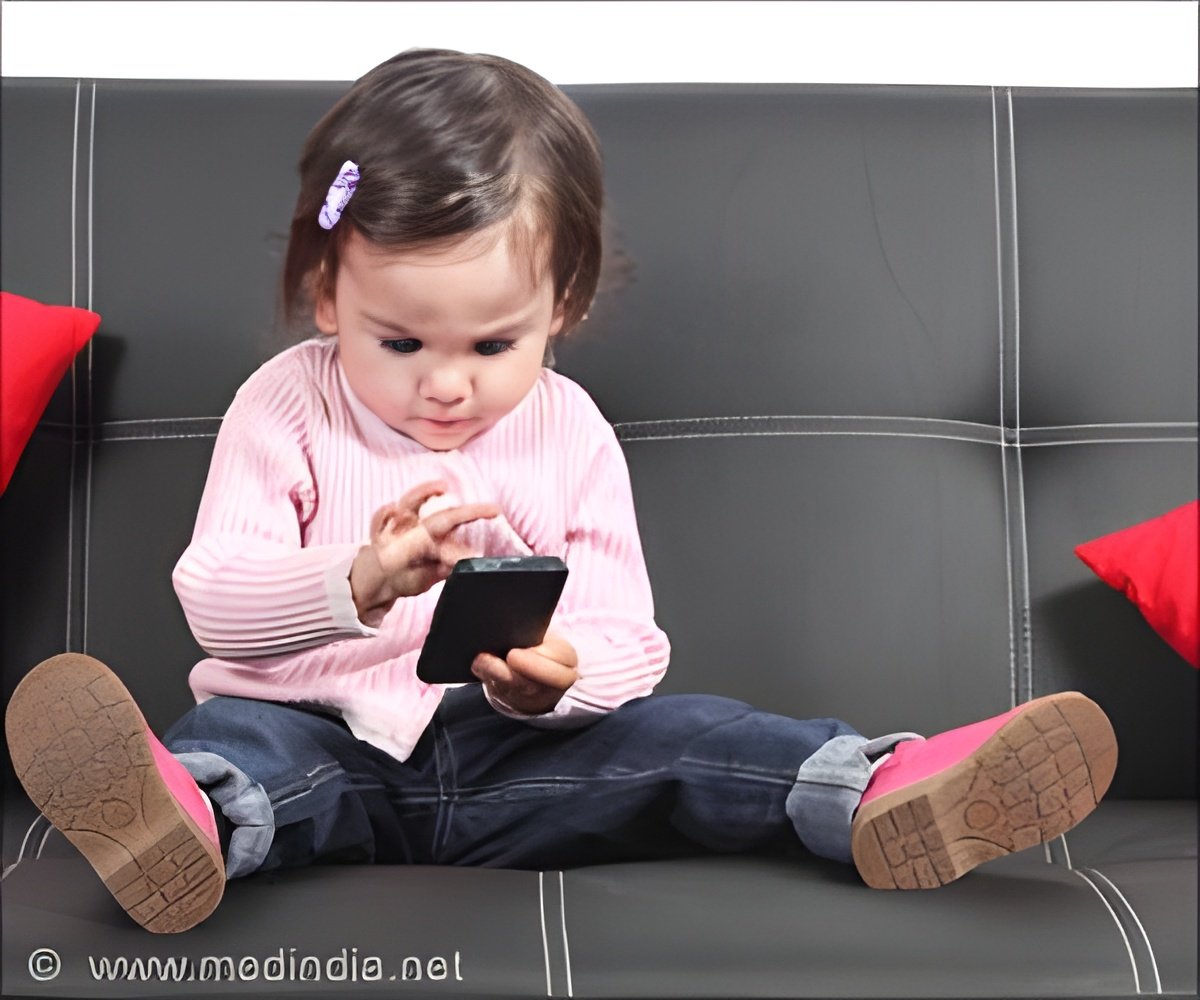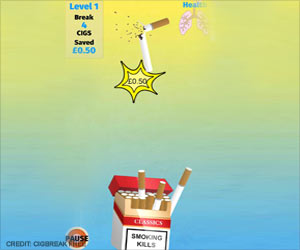Parents' own addiction was a negative predictor of perceived severity, but a it helps in identifying the addiction in kids.

‘The more the parents perceived that smartphone addiction is a severe problem (perceived severity) and the more efficacy they had regarding children's smartphone use, the more likely they were to engage in parental mediation.’





Parents who reported signs of smartphone addiction were less likely to perceive the severity of the problem in their children, but were more likely to recognize the susceptibility to addiction, according to the article entitled "Parental Mediation Regarding Children's Smartphone Use: Role of Protection Motivation and Parenting Style." Coauthors Yoori Hwang, PhD, Myongji University, Inho Choi, PhD, Jung-Yoon Yum, and Se-Hoon Jeong, PhD, Korea University, Seoul, South Korea, compared factors including restrictive versus active parental mediation and the parents' perceived success of intervening in children's cell phone use.
"The uptick in smartphone use has led to more distracted parenting. It is vital for parents to be good role models for their children to protect them from the possibility of addiction," says Editor-in-Chief Brenda K. Wiederhold.
Source-Eurekalert












